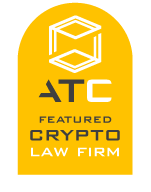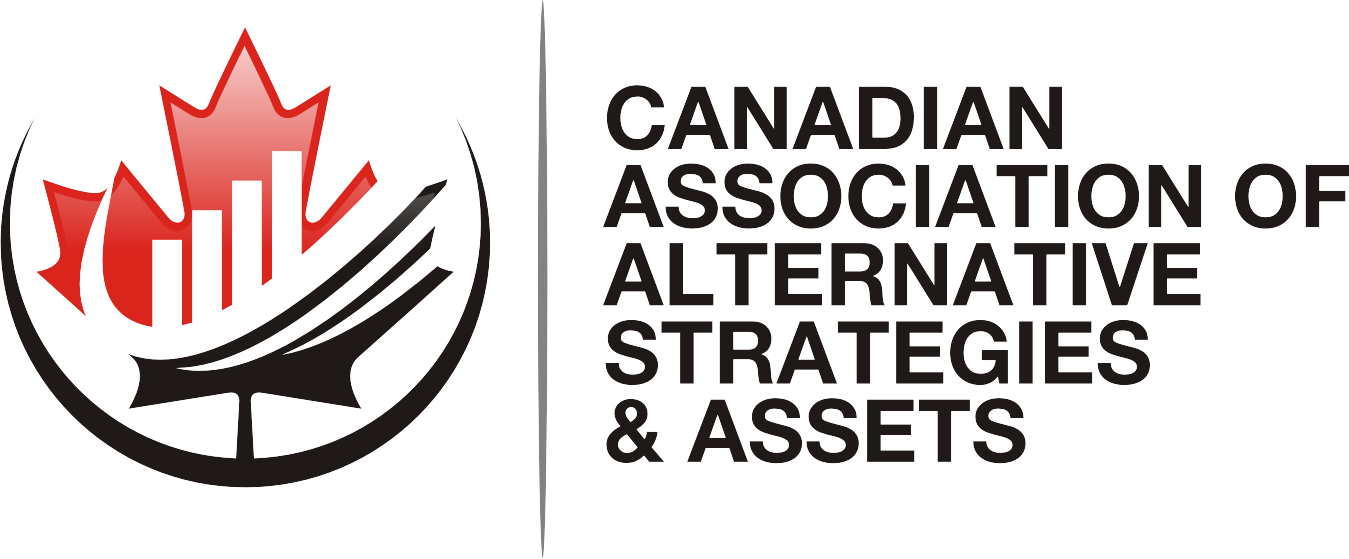[This article originally appeared in the October issue of Payments and Fintech Lawyer (Vol. 12:10)]
In Canada, as in other jurisdictions, the approach regulators are taking to the cryptocurrency environment has been highly criticized for being slow to adapt. As with any new and emerging technology there is a learning curve, and once industry and private enterprise figure out the best way to capitalize on it, there are inevitably casualties in the general public, in the form of investors and obsolete industries. Once complaints begin to emerge and private lawsuits abound, regulators take notice, take comments from the public, and then resolve to take action. Until the burden of policy creation lands in the laps of legislators, who will shovel it off to internal government policy advisors to determine how best to mitigate public complaints and maximize votes in the next election, the regulators are saddled with the burden of adapting the existing enforcement regime to the new world order.
It is safe to say that we approached that point in the blockchain and cryptocurrency space not too long ago. In late 2017, regulators began to crack down on the most egregious and blatantly fraudulent token generation events, otherwise (and perhaps erroneously) known as Initial Coin Offerings or “ICOs”. In Canada the relevant regulators can be broken down into three categories: securities, tax, and anti-money laundering. All three have sought to identify and understand the risks of the new technology in an unconcerted effort, resulting in a patchwork of proposed and existing regulations that are frantically being interpreted by commentators and regulators as opposed to judges. To call this a gray area is an understatement. It is more like limbo, where even the definition of money itself has become ambiguous.
While regulators struggle to understand the risks and workings of the new technology, the public continually inundates these regulators with information that is remarkably skewed by investment bias. For example, people who were early investors in cryptocurrencies are patient as they have seen 1000+ percent increases in their portfolios (even with the 2018 downtrend/correction). However, those who jumped on the crypto-bandwagon in the latter part of 2017 have a much different story to tell, having seen their investments drop by nearly the same margin. Sadly, those people who had invested at the height of the market are left with little recourse except that offered by securities regulators, which is punitive in nature and compensatory only where the funds are available. In many cases the assets with which to compensate the investors are in cryptocurrencies that have devalued substantially, and so compensation is hardly possible. Many people who invested in ICOs last year did so using another cryptocurrency, most popularly Etherium, which to date has dropped dramatically in value.
Further hindering the efforts of the regulators to regulate cryptocurrencies is the volume of digital discourse on the topic. Social media and the internet have generated a maelstrom of flawed information heavily biased buy marketing initiatives. In attempting to discern the best way to manage the public market appetite for cryptocurrency, regulators must weed through the various points of information and consultation. Although there was an announcement earlier this year that regulations addressing cryptocurrencies would be delayed in Ontario, any delay is likely not a delay at all but in fact a natural consequence of the smoke screen which veils the information required to make an objective conclusion.
Delays in interpretation may come at a price, but only for some. Legal practitioners like myself actually revel in the ambiguity. The more uncertain an area of law, the more opportunity there is to write the narrative. Our clients rely on us for advice on how best to mitigate their liability, and in our role as advisors we can take comfort knowing that there is little to no cohesive guidance upon which the regulators may rely in the prosecution of an enforcement action. For others, such as accountants and financial advisors, the same applies: we move forward with the existing rules and when they change we take a different path. Once we have certainty new industries and “experts” will emerge. The experts of today are the prognosticators who advise of possible future trends, not present rules.
The complexity of the technology, the lack of jurisprudence available, the varying and multitudinous opinions from the public, and the dwindling appetite and apprehension of the private sector for investment all demonstrate that the government certainly has its work cut out for it in coming up with regulations that will satisfy stakeholders.
Aaron Grinhaus LL.B., J.D., LL.M (Tax) is an experienced business and tax lawyer, author and consultant who has developed a niche expertise in the use of Fintech strategies, including the use of blockchain technology, smart contracts and cryptocurrency. His law firm (grinhauslaw.ca), a boutique firm located in Toronto, was one of the first firms in Canada to publicly advise on the practical uses of blockchain and shared ledger technology, and frequently advises on initial coin offerings, crypto investment funds, crypto mining operations and structuring high-net worth crypto investors. He is the author of the legal text “A Practical Guide to Smart Contract and Blockchain Law” (LexisNexis: 2019). Please call or email us to see how we can help.
PLEASE NOTE: THIS IS NOT INTENDED TO BE LEGAL ADVICE AND SHOULD NOT BE RELIED ON AS SUCH. IT IS IMPORTANT THAT YOU CONSULT WITH A LICENSED PROFESSIONAL.











